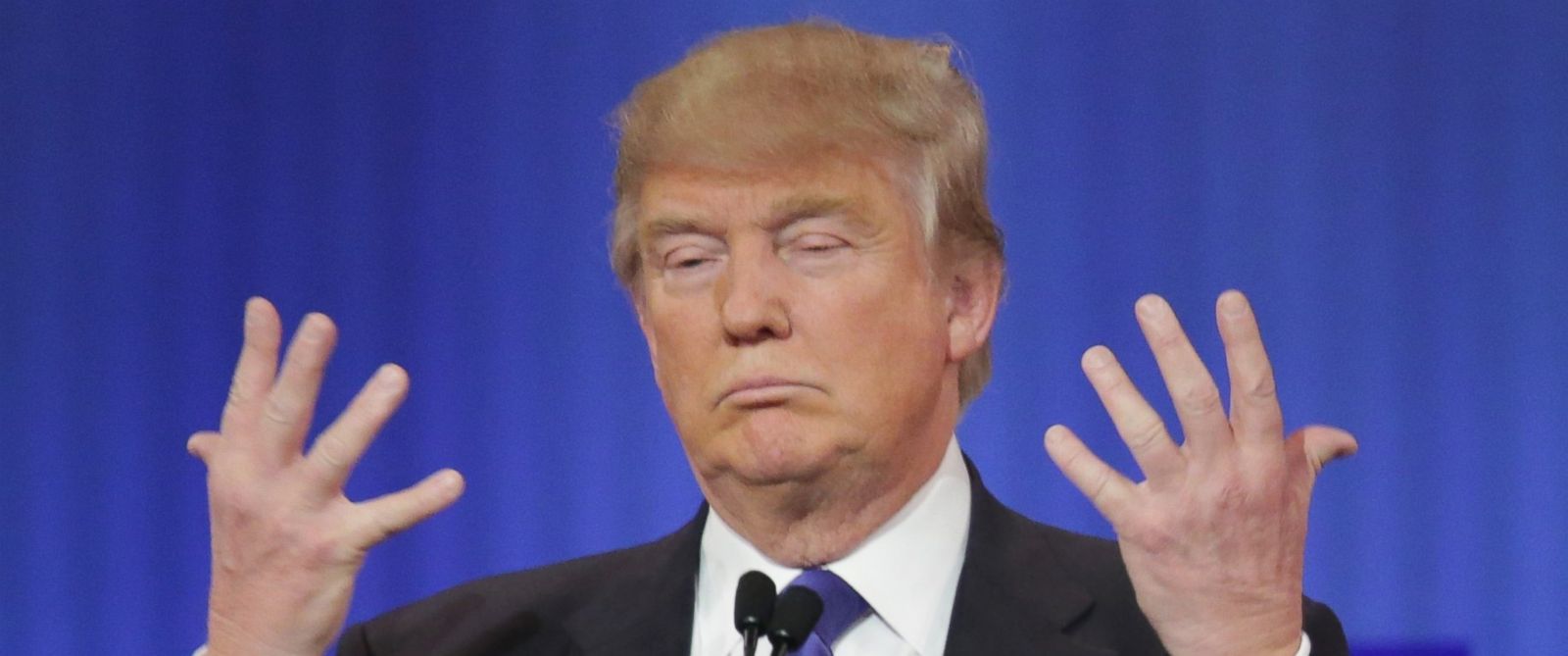 The argumentative theory of argumentation maintains that reasoning is for arguing–actually, for winning arguments (but not in the philosophy way). Here’s the idea (from here):
The argumentative theory of argumentation maintains that reasoning is for arguing–actually, for winning arguments (but not in the philosophy way). Here’s the idea (from here):
Reasoning was not designed to pursue the truth. Reasoning was designed by evolution to help us win arguments. That’s why they call it The Argumentative Theory of Reasoning. So, as they put it, “The evidence reviewed here shows not only that reasoning falls quite short of reliably delivering rational beliefs and rational decisions. It may even be, in a variety of cases, detrimental to rationality. Reasoning can lead to poor outcomes, not because humans are bad at it, but because they systematically strive for arguments that justify their beliefs or their actions. This explains the confirmation bias, motivated reasoning, and reason-based choice, among other things.
Here’s an interview with Hugo Mercier I stumbled across that gives a shorter and less formal version of the idea. A sample:
And the beauty of this theory is that not only is it more evolutionarily plausible, but it also accounts for a wide range of data in psychology. Maybe the most salient of phenomena that the argumentative theory explains is the confirmation bias.
Psychologists have shown that people have a very, very strong, robust confirmation bias. What this means is that when they have an idea, and they start to reason about that idea, they are going to mostly find arguments for their own idea. They’re going to come up with reasons why they’re right, they’re going to come up with justifications for their decisions. They’re not going to challenge themselves.Â
But maybe these people are terrible at reasoning. Â Ok, joking (sort of). The interview is well worth reading. There’s even a little video.

